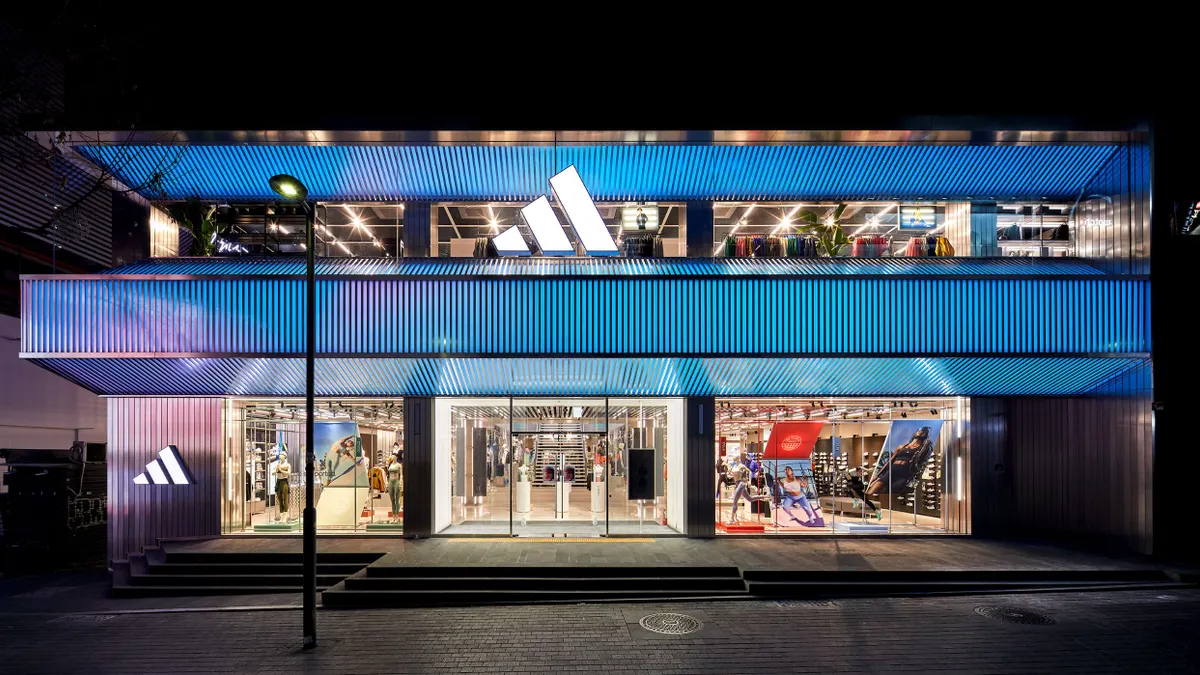These days, the dollar is surging, gas prices are falling, and consumers are (generally) happy. Both are significant happenings in the U.S. economy at the moment, but they’re both affecting U.S. retailers in different ways.
Because a strong dollar inhibits inflation, it can act like a check on the Federal Reserve, which is more likely to keep interest rates low.
Broadly speaking, a strong dollar is good for the economy and good for consumers because of interest rates and the fact that it's less expensive to buy foreign goods.
But, of course, it is a too-way street. Here are some arguments for—and against—a strong dollar and low gas prices.
The strong dollar is bad for retailers
A strong dollar means that U.S. retailers with a large presence abroad or that cater to foreign consumers will take a hit as their goods become more expensive across the ponds. Even Apple, which had a recording-setting, expectation-busting Q1 sales report, warned that the strong dollar will cut into its sales.
The muscle-bound dollar can also keep tourists away from U.S. shores — and U.S. retailers. It doesn’t help that Europeans are also dealing with a struggling economy that is hurting their employment picture and the value of the euro.
"The strong dollar has created headwinds for foreign tourists in the United States," Tiffany VP of investor relations Mark L. Aaron said in a Reuters' article, the same time he also warned of flagging sales to tourists at the retailer's New York City flagship location.
The strong dollar is good for retailers
Then again, retailers that cater mostly to domestic consumers and import much of what they sell will fare better when the dollar is strong, due to the lower cost to buy and bring in their goods.
Because so much of what’s on its shelves is outsourced outside of the U.S., Wal-Mart Stores Inc. is likely to see a boost from the dollar’s strength, although not in its sizable foreign operations. Meanwhile Costco, with 70% of its operations here in the U.S., and Target, especially considering its recent exit from Canada, are likely to benefit even more than Wal-Mart from the beefed up dollar.
"It's not as good if you're Coach and one-third of your business is outside the U.S. and all your growth is [outside of the U.S.],” J. Rogers Kniffen Worldwide CEO Jan Rogers Kniffen told CNBC. "It's really good if you're just this dopey, domestic, 3-yards-and-a-cloud-of-dust kind of American retailer."
Low gas prices are good for retailers
Then there's the price of gas, which has fallen precipitously in recent months. Though some experts downplayed the potential for lower gas prices to boost retail sales, it has mostly turned out that way to a significant extent.
Ryan Sweet, a senior economist at Moody's Analytics, went so far as to call lower fuel prices “an enormous tailwind” that is benefiting consumer spending. And Goldman Sachs analysts, similarly, likened them to a “middle class tax cut.”
Although retailers were hurt by a very promotional environment at the holidays and beyond, a rosy economic outlook report, improved employment picture, and lower gas prices have helped retailers grow sales in recent weeks, according to much of the analysis.
Low gas prices aren’t so good for retailers
Although gas prices are helping consumers, and by the same token retailers, most experts agree that they’re not likely to remain so low for too long. Some say they've already bottomed out. Among those experts is President Barack Obama, who in January encouraged Americans to consider opting for fuel-efficient cars despite the drop. (Oddly, though, the price of diesel fuel hasn’t fallen nearly to the same extent.)
Fuel efficiency itself, of course, could help consumers save on gas and leave them with more money in their wallets. But if they do buy gas guzzlers, Americans may end up spending more on fuel after all, and less at stores.
“The American people should not believe that ... demand for oil by China and India and all these emerging countries is going to stay flat. Just demographics tell us demand is going to continue to grow, that over the long term it will grow faster than supply and we have to be smart about our energy policy,” Obama told The Detroit News.
Add to that the fact that any savings from gas isn’t necessarily going just to buy more things. Some consumers are using the extra money to pay down debt or add to savings.
The third rail?
One variable more powerful than the strength of the dollar or the price of oil, according to economists? An increase in Americans’ wages.
"The one roadblock still unfortunately is wage growth," Retail Metrics president Ken Perkins says. "That has been absent all [last] year.”























